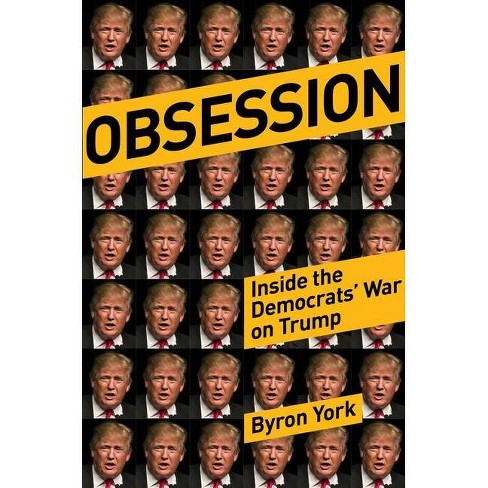I’m on a running hiatus again. It’s the damn foot.
Early in
the year I had what I assumed was plantar fasciitis. I’m sure that’s what it
was based on the pain in the heel and trouble walking early in
the morning. I thought I was over it but it’s flaring up again and no amount of
ice and elevation seem to help this time. Hobbling around at work all day is
not an option. Sadly it’s been like that for the last month or so. Saturday
long runs lead to painful weeks where I limp around like I just rolled a pallet
jack over my foot and weeping like I just lost a buddy to surprise grenade attack.
Ok not the weeping, not much. Not every day is debilitating but enough of them are. It’s
time to stop for a while to figure out why jogging beats me down so thoroughly.
Toughing is out isn’t working. I might be doing more damage
to my foot by gritting my teeth and running with the group. I’m pretty
consistent about exercise and this feels like a giant setback. Everyone needs
to be good at something and I think consistent work outs are in my wheelhouse. I could have made bigger strides by following a tight schedule for
lifting or by joining a class. Some people hire trainers to get back in shape.
I’ve never had the money for that but it is effective. Consistency leads to
effectiveness with anything, why should training be different? There is nothing
magical about trainers but they do provide you with a strict plan. Not to mention
a reason to keep going. Shelling out money tends to keep us honest.
I’ll continue going
to the gym and lifting weights but instead I’ll mix in some extra cardio.
Running 3 days per week eliminates the need to do any extra at the gym. So I’ll
probably get very comfortable with the stationary bike for the next month or
so. I’ll avoid the climbers and treadmills of course. Anything that requires extra
weight on my foot is out. One of the coaches at Runner’s World mentioned
starting an 80/20 plan when I feel like getting back to it. I’ve read a couple
articles about it. The basic premise goes like this: 80% of the run should be
at a low heart rate while 20% should be at an elevated rate. The idea is that
slower running is better for endurance and actually increases race time. There
is a little more to it, but that ratio is supposed to be great for runners over
40. I guess it’s worth a try.
Also, I don’t run to improve my race time. Maybe I’m not
competitive enough, but I want to improve gradually and stay fit over my entirety
of my life. Too many of us treat fitness like a final exam every semester. We
cram hard for a short time and hope to get under some weight goal. But just
like a test we studied all night for, we hardly remember anything the next year
and have to cram all over. Gyms are full at the beginning of the year because
we like to cram. Get in and study hard before summer, lose weight for a short
time and forget why we did next year.
I’m not being critical but life gets in the way and it
becomes increasingly difficult to keep the same schedule every year. Injury
plays a role too as I’ve found on a few occasions. A lot of the time we just
get lazy though. I have a giant hole in my schedule where running used to be.
Will I fill it up with extra gym sessions or use it to sleep in late and sip
coffee till the sun is bright and toasty?
Jogging is such a great activity for me, especially in the
cooler weather. I hope to be back at it soon.



